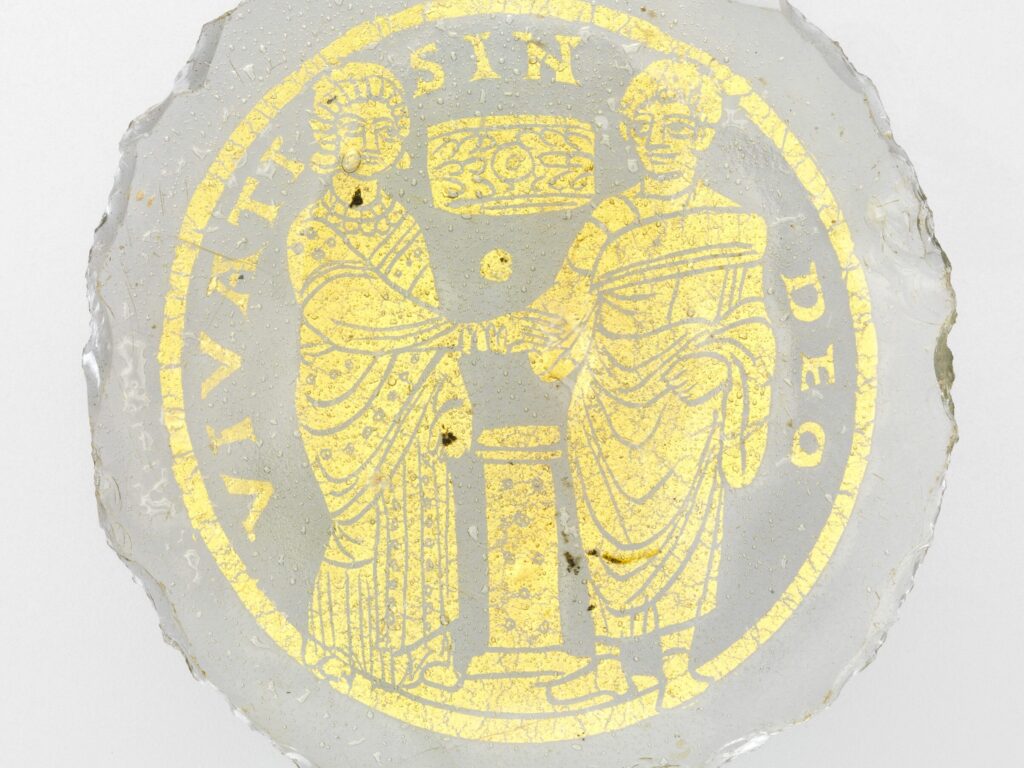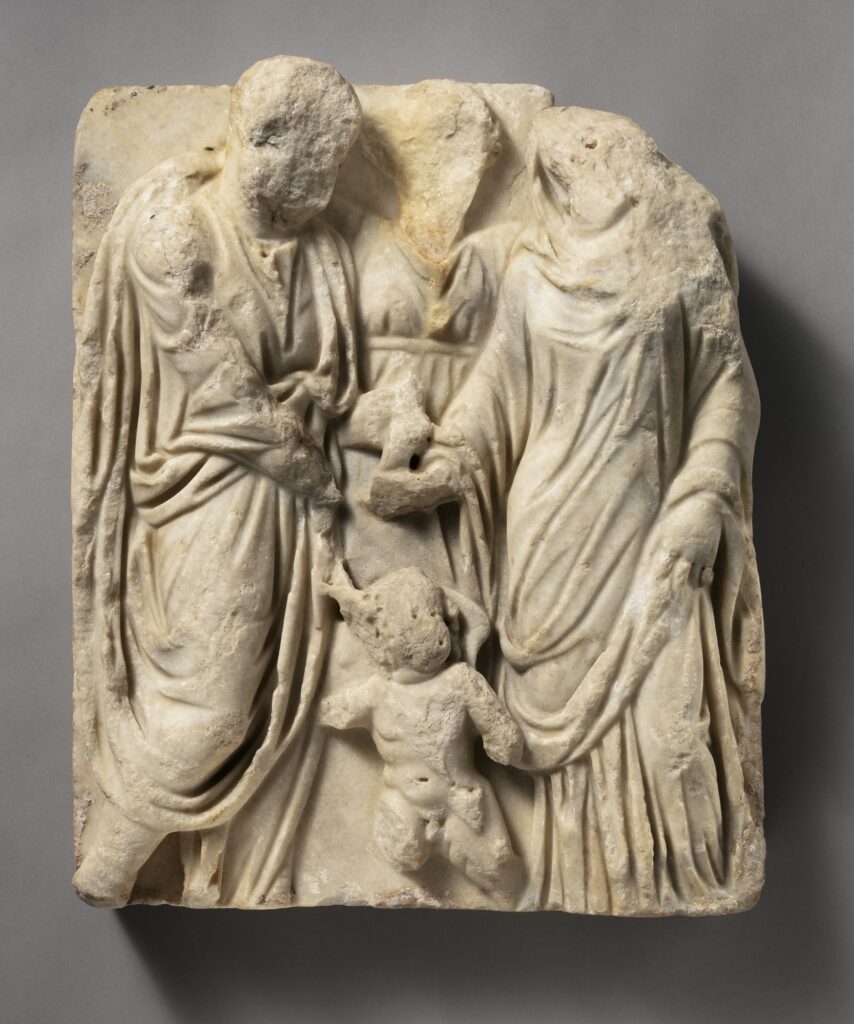“Mr. Shuler, this is weird.” One of my first teaching assignments was leading a discussion section at the University of Notre Dame. The professor had assigned an account of early medieval France written by Bishop Gregory of Tours in the sixth century, and I had definitely expected students to ask me what the heck was up with this foreign text. What surprised me was the section that got the first question. Then again, it was about sex, so maybe I should have expected it from college students.

The story that confounded them is the “Two Lovers of Clermont” (Decem Libri/History of the Franks 1.47). It is not the story of an officially canonized saint, but the story and my students’ initial baffled rejection of it has been on my mind as I begin this blog as an example of how something holy can be both foreign and familiar.
Marriage in the Roman Empire was a family affair, meaning your dad got together with another father, decided what was best for the family property, and then told you that you were going to get married. You might meet your spouse before the wedding feast. That feast ended with the newlyweds being led into bed by family and friends who would be full of “helpful” advice for the wedding night.
The Story of the Holy Lovers
The young couple in this story finally found themselves alone in bed together on their wedding night. To the groom’s embarrassment in an already awkward moment, the bride burst into tears. She explained she had wanted to live her life dedicated to Jesus as a virgin and nun out of love for Him and heaven (Mt 19:11-12, 29; 1 Cor 7:1-40). Instead her parents had ignored her dreams and forced her to marry a stranger to produce heirs. Her husband, in perhaps the biggest miracle of the story, listened. He offered to do something for this near-stranger that her own parents had not—to respect her desire out of love for God. They fell asleep chastely holding hands. And they did so every night until their deaths.

We can imagine the gossip that may have circulated about this childless couple and the frustration of the would-be grandparents denied an heir. When the couple died, they were buried in separate sarcophagi (free-standing stone coffins). The next morning, when their friends came to visit their tombs, they discovered to their surprise that the two sarcophagi had moved in the night so they rested together, permanently touching each other. Bishop Gregory swore he had seen the tombs in his day. He explained that this was a miracle in which God showed the world the couple’s true love. Their love for one another rooted in faith had grown into an everlasting love that could survive even death.
Where Do We Find Love?
“So, Mr. Shuler, you’re saying they were married, slept together, but never… you know… That doesn’t make sense,” my student said. I’ll admit parts of Gregory’s narration are over the top. The student was also right that this isn’t how consensual marriages should normally work. I think his rejection of the story as nonsense though had a deeper root: our culture’s pervasive advertising of physical intimacy as the highest form of pleasure and its simplistic equation of love with intercourse. In our hyper-sexualized culture, can we imagine happiness without physical intimacy?
I hope the answer is yes. If finding a lasting romantic relationship like our culture suggests were easy, then people wouldn’t have spent over $4 billion globally on dating apps in 2021 nor would over 630,000 American marriages have ended in divorce in 2020. It is so easy to lose hope if you are single.
Stories like this one, if we’re humble, can open a door for us to think anew about our lives. Maybe it helps us think about relationships based solely on physical attraction and admit they’re unhealthy. Maybe it helps us think about the difference between quick pleasure and lasting happiness. Maybe it helps us think of all the profound kinds of love we have for parents, siblings, children, or friends that are not sexual (at least unless you’re a Freudian). Or it could strengthen married couples when physical intimacy isn’t possible due to time, distance, or medical issues.
As a husband, the story makes me think more of the ways in which I can also show love for my wife outside the bedroom. Washing the dishes on my own isn’t exactly erotic, but it does build love for us since that small act of service makes my wife happy. And seeing my little act of love making her happy makes me happy.
A Final Challenge
Finally, I like the story of the two lovers of Clermont since it challenges me to hope for a genuine happily-ever-after. That is extraordinary. Don’t we all want a love that can survive death? So how can our root our love in something eternal? How can we make sure our love for another person supports them in becoming the happy, blessed person God wants them to be?
The answer will be unique for each person. What it means for me is something I plan on pondering in prayer with God. I can’t remember if I invited my students to do the same all those years ago, but it is a challenge I will offer up to any interested in doing the same.



This was a thought-provoking piece, and as I came to the end of it, I found myself pondering Matthew 20:28.
I think that is a wonderful Gospel verse for thinking about marriage (and the Christian life more generally).